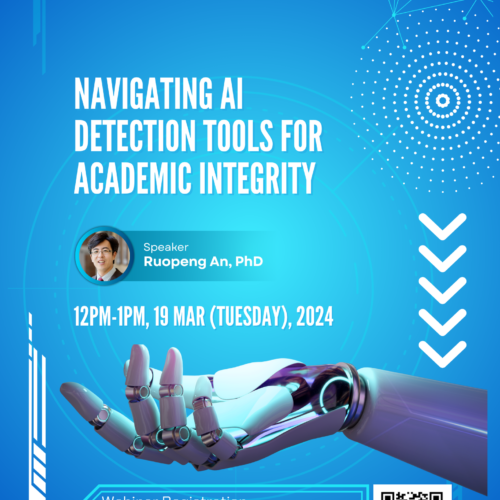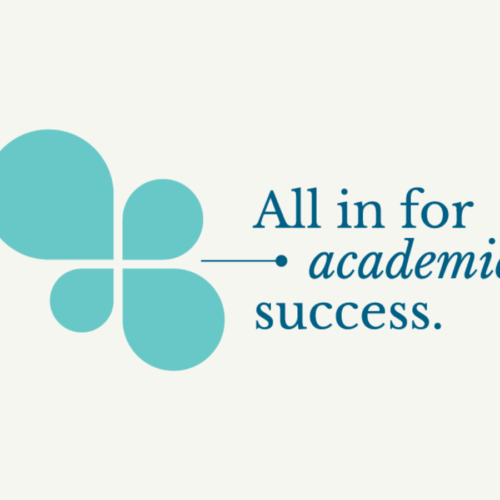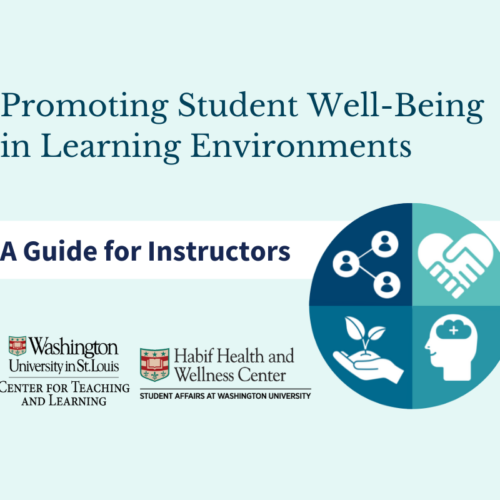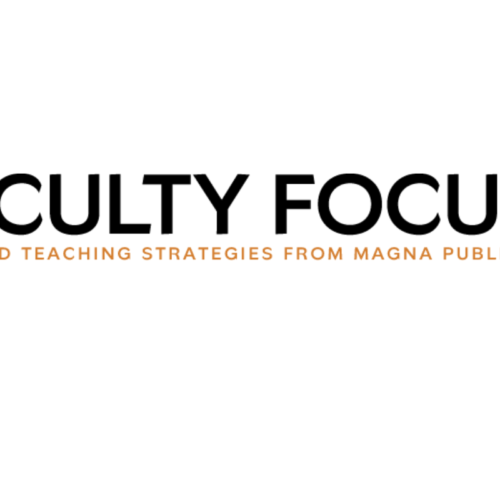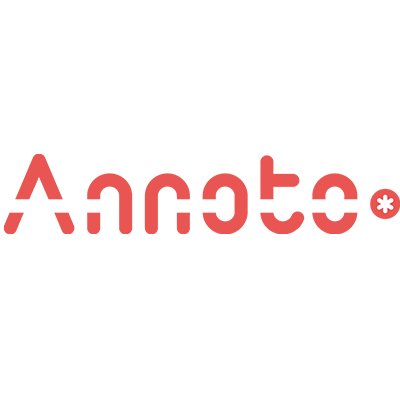Center for Teaching and Learning Reading Communities Host ‘How Humans Learn’ Author Josh Eyler
 Josh Eyler, PhD, director of faculty development at the University of Mississippi and author of “How Humans Learn: The Science and Stories behind Effective College Teaching,” recently spoke at a joint virtual meeting of the Faculty Reading Community and Grad Student & Postdoc Reading Community at Washington University in St. Louis. The reading groups, which are spearheaded by Meg Gregory, assistant director of educational development at The Center for Teaching and Learning at WashU, focus on one pedagogical text per semester and draw engaged groups of faculty, instructors, students, and postdocs interested in teaching.
Josh Eyler, PhD, director of faculty development at the University of Mississippi and author of “How Humans Learn: The Science and Stories behind Effective College Teaching,” recently spoke at a joint virtual meeting of the Faculty Reading Community and Grad Student & Postdoc Reading Community at Washington University in St. Louis. The reading groups, which are spearheaded by Meg Gregory, assistant director of educational development at The Center for Teaching and Learning at WashU, focus on one pedagogical text per semester and draw engaged groups of faculty, instructors, students, and postdocs interested in teaching.
Eyler stopped by the meeting on Monday, April 13, to discuss his book, “How Humans Learn,” which was the text for the most recent faculty, grad student, and postdoc reading communities. The book aims to unpack how people learn by “peering behind the curtain and surveying research in fields as diverse as developmental psychology, anthropology, and cognitive neuroscience,” according to a book jacket description of the text. Eyler identifies five broad themes of scientific inquiry including curiosity, sociality, emotion, authenticity, and failure, and devotes a chapter of the book to each inquiry. He provides practical takeaways for instructors looking to help students learn more effectively.
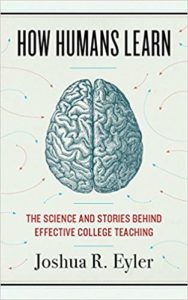 In the discussion, Eyler addressed questions from reading community members including one about a technique instructors can use to neutralize stereotype threat from Shantel Blakely, assistant professor of architecture at the Sam Fox School at WashU. Eyler responded that students often do not experience stereotype threat consciously. It takes up cognitive load that students recognize retroactively. Instructors can mitigate it by “being aware and intentional about the way you are framing activities and the goals of the activities,” Eyler said. Another tip is “confronting it head on” or saying it’s true that students experience stereotype threat and making them aware of it to deactivate its power, Eyler said.
In the discussion, Eyler addressed questions from reading community members including one about a technique instructors can use to neutralize stereotype threat from Shantel Blakely, assistant professor of architecture at the Sam Fox School at WashU. Eyler responded that students often do not experience stereotype threat consciously. It takes up cognitive load that students recognize retroactively. Instructors can mitigate it by “being aware and intentional about the way you are framing activities and the goals of the activities,” Eyler said. Another tip is “confronting it head on” or saying it’s true that students experience stereotype threat and making them aware of it to deactivate its power, Eyler said.
Another reading community member, Michele Augustin, director of teacher education at WashU, commented on the chapter about authenticity in “How Humans Learn.” Augustin said she identified most with that chapter in her coursework, which focuses on disabilities. She reframed case studies to introduce topics and had students role play. At the beginning of the course, it’s difficult for students to internalize their roles, but by the end of the semester that changes, Augustin said. Case studies are “truly an authentic pedagogy” and instructors can take what is valuable about those frameworks to adapt content for online courses, Eyler said.
You can listen to the full conversation with Josh Eyler here.
